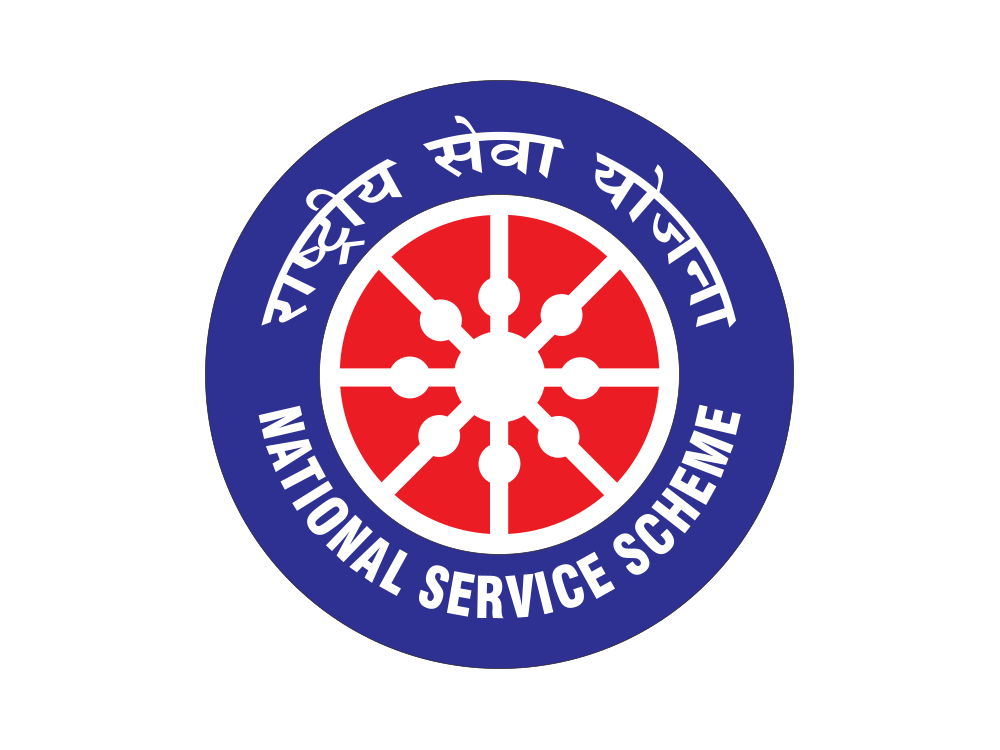 National Service Scheme
National Service Scheme
The National Service Scheme (NSS) in India has a rich history and a noble philosophy at its core. Established by the Ministry of Youth Affairs and Sports, Government of India, on September 24th, 1969, during the centenary year of Mahatma Gandhi's birth, NSS began with 40,000 volunteers across 39 universities offering undergraduate courses nationwide. Its expansion over the years has been remarkable, extending its reach to over 3.9 million volunteers in more than 300 universities and +2 councils, encompassing approximately 5-6% of the total student population in India.
NSS traces its roots back to the pre-independence era when students actively participated in social service initiatives. The ideological foundation of NSS is deeply influenced by Mahatma Gandhi's principles, emphasizing the importance of social responsibility and community engagement. Gandhi's vision was to provide youth with opportunities to comprehend society's intricacies and cultivate a sense of duty towards it.
Furthermore, NSS seeks to instill a sense of social and civic responsibility, encouraging students to apply their knowledge practically for individual and community welfare. Through participation in NSS activities, students develop invaluable skills in mobilizing community involvement, nurturing leadership qualities, and fostering a democratic attitude. Additionally, NSS equips students with the capacity to respond effectively to emergencies and natural disasters, contributing to the resilience of communities.
At its core, the overarching aim of NSS is the holistic development of individuals through community service. By actively engaging in various initiatives, students not only contribute to the betterment of society but also undergo personal growth, enriching their personalities and nurturing a lifelong commitment to social welfare.